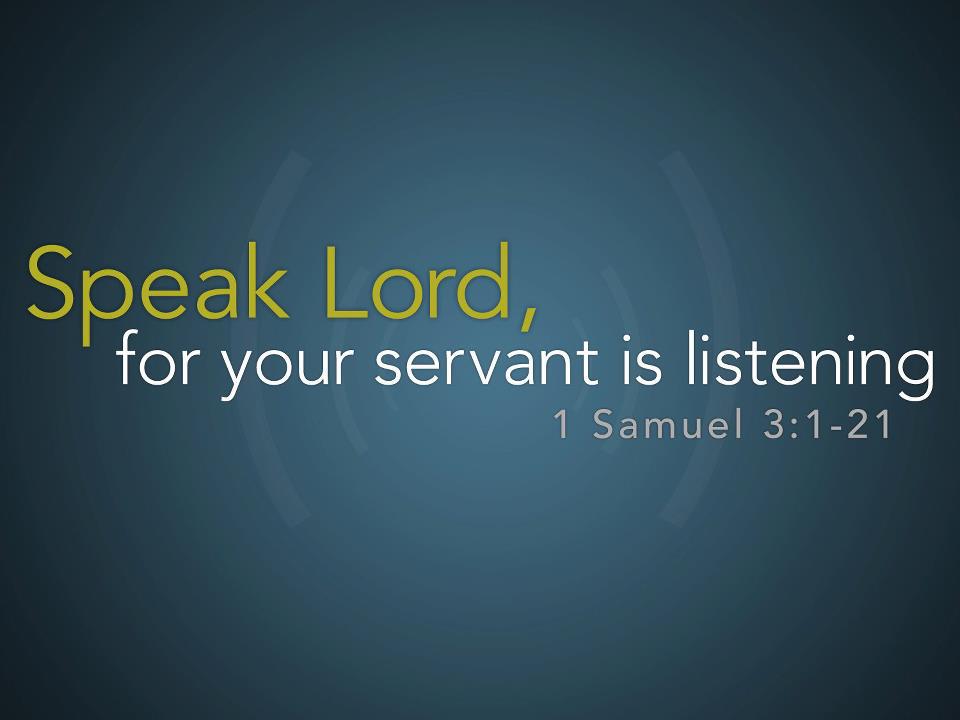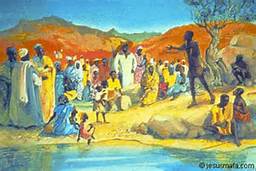“Mighty Name of Jesus!”

Mark 1:21-28 (1:24) – January 31, 2021
When many people think of superheroes, they cannot help but think of mighty people of valor or power. For many children (and, for some grown-up people, too!) thoughts of the most powerful superhero or mighty person in the region can be absolutely intimidating.
Can you imagine our Gospel writer Mark wanting to kick off his narrative of Jesus with a bang? Why not start off with a really big event, displaying mighty power? Soon after the baptism in the opening scene, what does Mark present in the first chapter? An exorcism! That’s right, the unconventional Rabbi Jesus has a power encounter with a demonized man.
The Rabbi Jesus started his itinerant travels throughout the northern region of Palestine, soon after He was baptized. Mark tells us how Jesus meets a certain man in Capernaum, while He was teaching and preaching in the town.
But, before we zoom in and look at this encounter, can we talk about the various people the Rabbi Jesus met, each and every day? People from all walks of life, from all different levels and places and spaces in society. These folks could be broken, hurting, angry, ill, tired, frustrated, or despairing. Even perhaps cynical, miserable, in pain, or grief-stricken. Does a word or two of that description strike a chord within you? Can you see yourself in the crowd listening to Jesus? I hope you do. I know I can.
Jesus opened Himself up to all of that, all of those feelings, all that heartache and pain when He started His ministry. Do you have some deep feelings, some heartache or pain or grief or despair that you are dealing with today? See whether you can find something in common with the people listening to Jesus in Capernaum.
The Rabbi Jesus and His disciples came to the town and set up shop. Not only teaching and preaching, but I suspect talking and debating with the townspeople and leaders in Capernaum’s society and synagogue. Speaking and teaching with Godly authority, too!
Imagine everyone’s surprise when Jesus taught in the synagogue and a man stormed into the building. He screamed, 24 “What do you want with us, Jesus of Nazareth? Are you here to destroy us? I know who you are—you are God’s holy messenger!” That must have made everyone’s jaw drop. Mark identifies the man as someone with an evil spirit. I know what Mark is talking about, because I have had several similar experiences, too.
In today’s 21st century setting, especially in the urban United States, many people deny the possibility of evil spirits. This could be severe mental illness, or a complicated medical diagnosis that affects mood and stability. And, I absolutely agree. However, the Bible also is an accurate source for spiritual, emotional and psychological information. Many people in many places in the world today take this power encounter of Jesus and the demoniac very seriously.
Yes, this instance could be involving someone with a mental illness. Yes, the man in this instance could have severe behavioral problems. And, yes, Jesus could well be involved in a situation with something in the spiritual realm. Any way you look at it, our Lord Jesus is exerting mighty power and authority.
The man (or the evil spirit within the man) definitively stated, “What do you want with us, Jesus of Nazareth? Are you here to destroy us? I know who you are—you are God’s holy messenger!” Jesus had just started His ministry, and this declaration certainly describes Jesus well and accurately.
Jesus had (and has) mighty power and authority. He did (and still does) miracles. I do not know how our Lord can tell who to do a miracle for, and who not, but there is no denying that miracles happen. However, this power encounter definitely got Jesus and His ministry started with a bang! With a great deal of fanfare and great press, too.
Just imagine the talk that spread like wildfire: “Have you heard about that itinerant Rabbi in Capernaum? He healed a demoniac! It was amazing! In an instant, this Rabbi Jesus cast the evil spirit out of the man, in the synagogue, and everything! That Rabbi – a real man of God!”
Commentator Karoline Lewis says, “Who is Jesus? A boundary breaker, which an exorcism confirms exponentially. Jesus reveals a boundary breaking God. We see this all over Mark. Each and every boundary we try to put in place, we think is in place, even that which we perceive as impenetrable, God bursts through. Political, social, religious, ethnic, racial, sexual, gendered, cosmic,” [1] it does not matter. Jesus breaks through whatever boundary we set up.
Yes, Jesus can break through boundaries, and emotional barriers, and spiritual problems, too. In our own lives, we might have barriers or boundaries set up. With such sadness, upset and distraction going on, who wouldn’t have some difficulties and problems in their lives right now? Whether you have deep feelings, some heartache or pain or grief or despair that you are dealing with today, Jesus can work wonders in your life and spirit, too. Jesus is mighty and powerful. He can overcome, and can come into our lives and hearts in ways that transcend human understanding. In ways that not only amaze us, but comfort and encourage us, as well.
Jesus loves each of us so much, so much that He will banish negative emotions, fearful feelings, and yes, evil spirits, too. Praise the Lord we have such a mighty and powerful God on our side. No matter what, for the rest of our lives. Alleluia, amen.
[1] https://www.workingpreacher.org/dear-working-preacher/exorcisms-for-our-day
“Exorcisms for Our Day,” Karoline Lewis, Dear Working Preacher, 2015
(Suggestion: visit me at my other blogs: matterofprayer: A Year of Everyday Prayers. #PursuePEACE – and A Year of Being Kind . Thanks!





